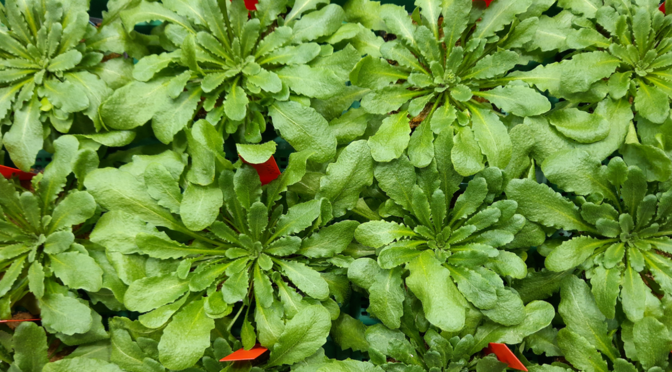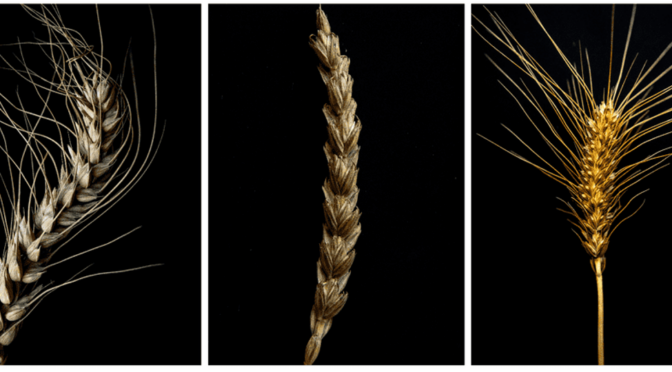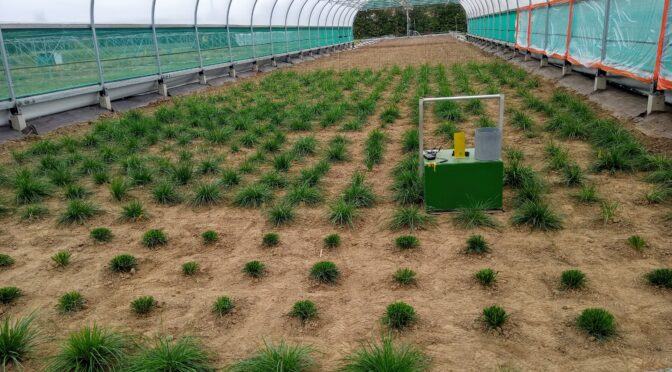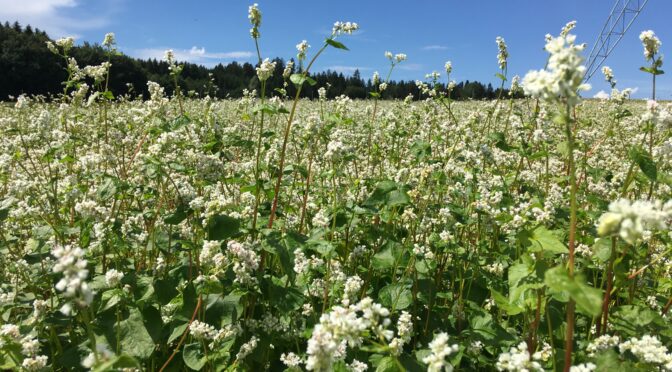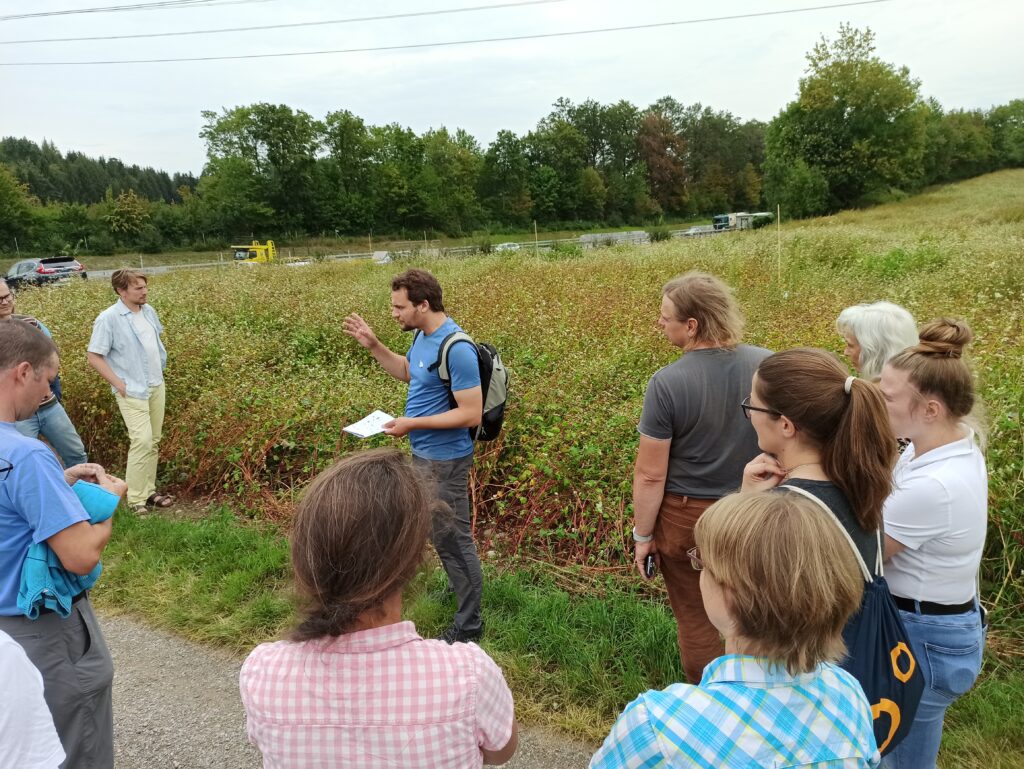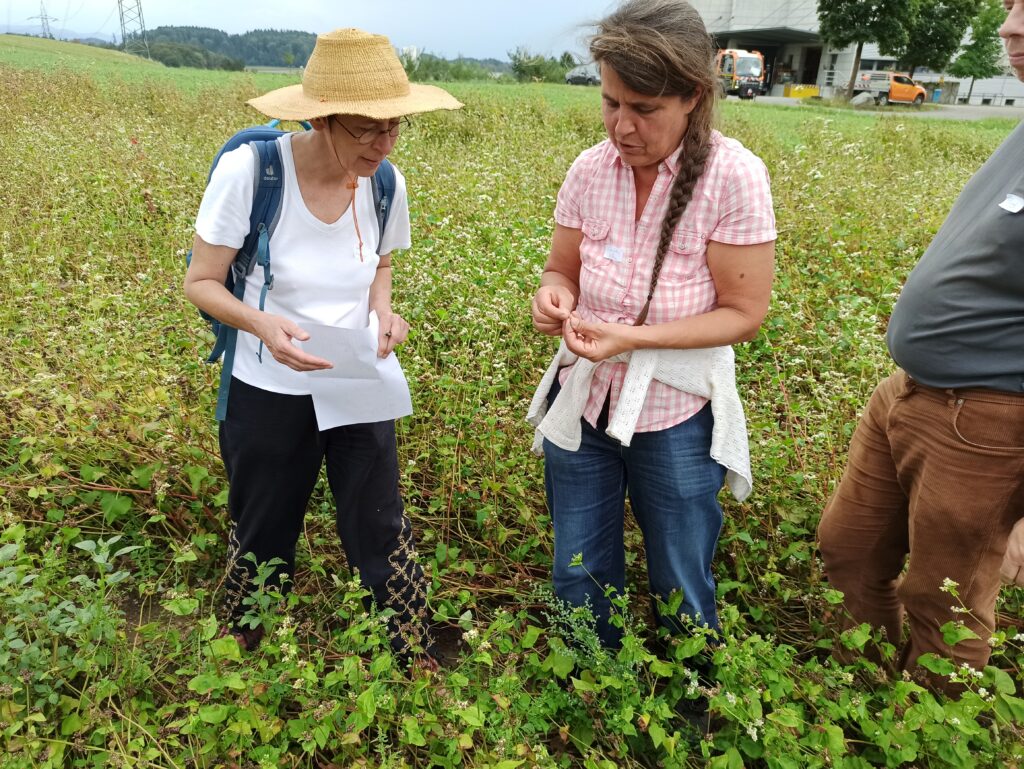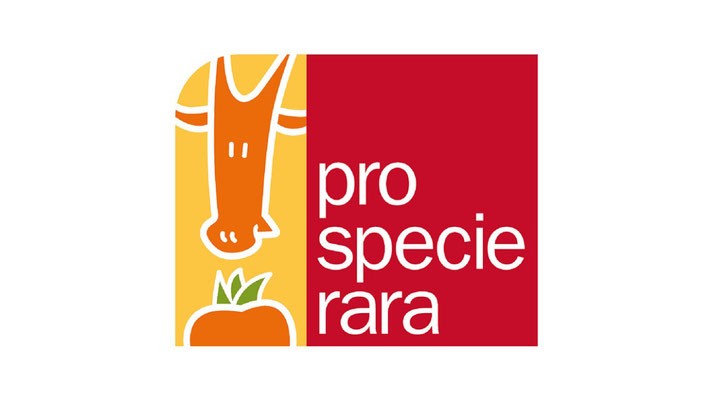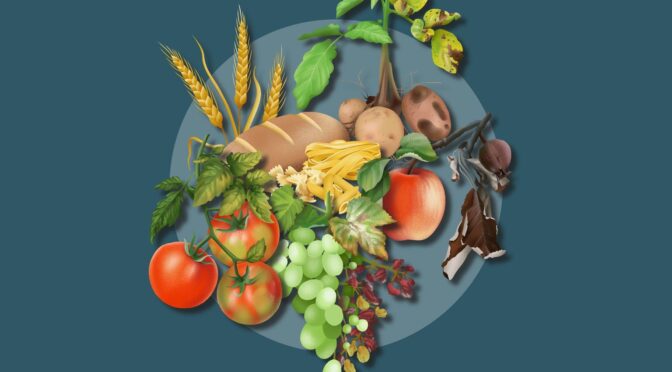Response Doctoral Program
Plant breeding has been remarkably successful in developing high-yielding crop cultivars that have helped to sustain global food production over the last century. For instance, in the United States, the yield of the hybrid corn was increased 3 times, from 4 tons per hectare in the 1960s to 12 tons per hectare in 2017. By selecting and crossing plants with desirable traits, breeders have created crops that are more productive and adapted to intensive agriculture. However, this success has come with a trade-off: breeding has relied on genetic variation within a very limited primary gene pool, which has been shrinking due to genetic bottlenecks caused by domestication and intensive selection. As a result, today’s crops have lost much of their natural genetic diversity, making further improvement increasingly difficult.
Continue reading Epigenetics and Plant Breeding: Can Epigenetic Variation be used for Crop Improvement?
